|
The legend of the Trojan War has held the attentions of countless generations - from those who lived in its aftermath right through to the present day. Why the eternal fascination? Personally, I have never been able to leave alone the thought of what might have been had Hektor beaten Achilles. Could it have tilted the balance of the war in Troy's favour? Then again, if it had played out like that, perhaps the epic tale might never have been born. Troy had to fall in order to become the legend that it is. Had King Priam's army and those of his allies staved off the Greeks and sent them scuttling back to their homeland*, would that tale of a failed siege have been as worthy of lore? Maybe, but it would have a very different spin on it and would be composed by a Trojan bard no doubt**. *There are theorists out there who speculate this might actually have happened, and that the tale of Greek victory is a huge piece of fabrication. **Tantalizingly, Calvert Watkins of Harvard University suggested that some as-yet untranslated Hittite texts might contain the remnants of what he called a possible "Wilusiad". This would have been, he hypothesized, another historical epic about the Trojan War but one written from the perspective of the Trojans or the Hittites rather than the Greeks. Imagine! Thinking on this for the thousandth time put me in the mood to have a look at the attested forces who waged the war. For it was they, not just Hektor and Achilles, who fought out this conflict. What follows is an attempt to put a plausible shape and size to the two forces who battled over the city some 3,200 years ago. The Greek ForcesThe armies of the Greeks ('Ahhiyawans' to the Hittites or 'Achaeans' in Homeric parlance) were led by Agamemnon, the warrior king of Mycenae. Greece of this era was not in any way a nation. Instead, the rocky peninsulas and archipelagoes housed a number of small but powerful city-states, each of whom considered themselves proudly independent. So it was no mean feat when Agamemnon managed to bind them together into a unified force for the assault on Troy. Legend has it that he achieved this by citing the Oath of Tyndareus - when Queen Helen of Sparta chose to marry Menelaus, all of her rejected suitors swore to protect the marriage, so when she absconded with Prince Paris of Troy, they were obliged to unite and act. But in reality, without such a glittering prize as Troy, it is highly unlikely that the joining of the many city-states could have occurred or held for as long as it did (the Trojan War supposedly lasted some ten years). Agamemnon's forces gathered at the port of Aulis for the expedition to Troy. What kind of army would this have been? Given the largely mountainous terrain in Greece, their style of warfare is likely to have been something akin to that of sea raiders. Thus, the gathered forces are likely to have been largely composed of spear and sword infantry with a small number of elite royal chariots. Homer's Iliad has a very famous scene in it known as 'The Catalogue of Ships' in which he slavishly details every single faction involved in the Greek effort. We also hear of the Greeks attacking Troy with 'one thousand black boats'. Given a warship of the age might cary 30-50 men, this would equate to an army of up to 50,000. Quite simply this is highly unlikely. A force of a few thousand, maybe up to 10,000, is more plausible and for that age and region, still represents a colossal military expedition. There were some major and many minor factions involved. The following graphic (click to enlarge) aims to put some kind of proportional shape to the expedition force. The Armies of Troy and her AlliesPriam was the King of Troy, but the most powerful man in the city was most likely his son and heir, Hektor. Hektor was in his prime, something of a battle-hero and talisman to the Trojan forces and citizens. He, along with his most senior princely brothers Paris, Deiphobus and Scamandrios, would have led the native Trojan army. This would have been a small but elite force, composed of infantry spearmen, archers and a crack wing of war-chariots (such as those who aided the Hittites at The Battle of Kadesh). The bowmen and chariots in particular would have distinguished the Trojan forces from the Greeks: Anatolia (unlike the Greek mainland) sports many flat and sweeping plains - perfect country for the chariot, and a land with a millennia-old archery tradition. As soon as they got wind of the Greek invasion, Priam and Hektor sent a call for help to their allies, a call that stretched far and wide. Friendly states all along the western Anatolian coastal regions arrived, so too did further flung allies - from across the Hellespont and even as far away as Elam (roughly modern Iran). An outline of the known allies is depicted in the graphic below (click to enlarge). The Trojans were most likely outnumbered by the Greeks, but with Troy's walls and highly-defensible position on a coastal mound, they had more than enough soldiery to frustrate the besiegers - indeed, that is probably why the Greeks were forced to employ trickery in the form of the Trojan Horse to finally take the city. One outstanding question remains, however: Just look at the 'world' map of the time (below) - Troy was but one vassal city on the edge of the huge Hittite Empire. And the Trojans had only a generation earlier supported the Hittite army at the Battle of Kadesh, so surely it was time for the Hittites to repay the favour? With the Hittite emperor and his armies - probably the most feared force in the world at the time - Troy need not have been outnumbered. So where were the Hittites, the mighty overlords and supposed protectors of Troy? It just so happens that that's the topic of my next blog - read it here :) Thanks for reading! If you like the history, you might be interested in my fictional take on the war - Hittites included! THE SHADOW OF TROY is available at all good online stores.
0 Comments
Leave a Reply. |
AuthorGordon Doherty: writer, history fan, explorer. My Latest BookArchives
March 2023
Categories |
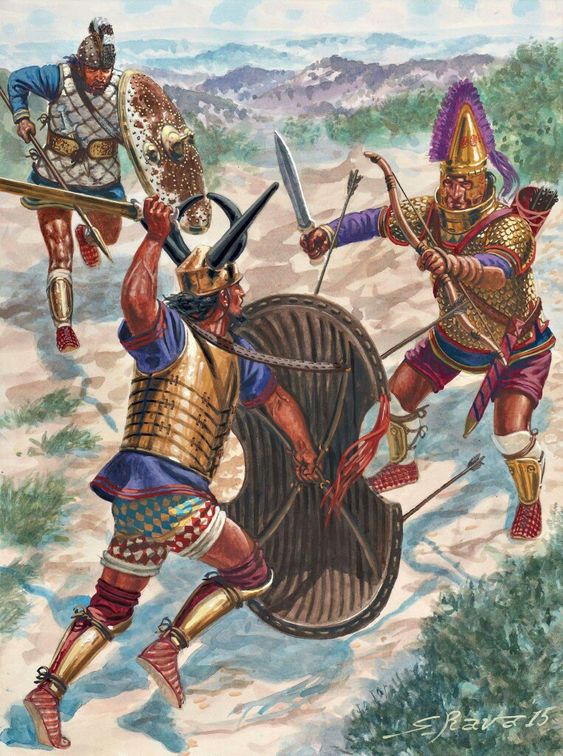
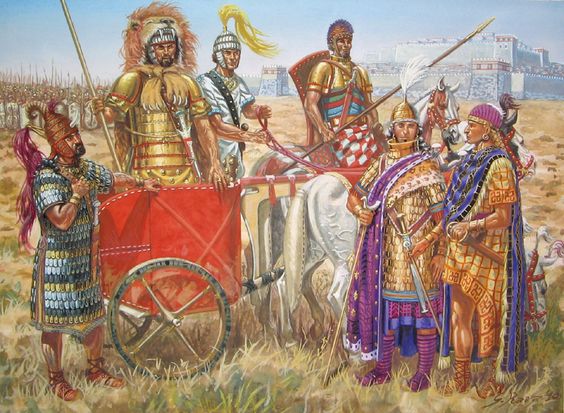
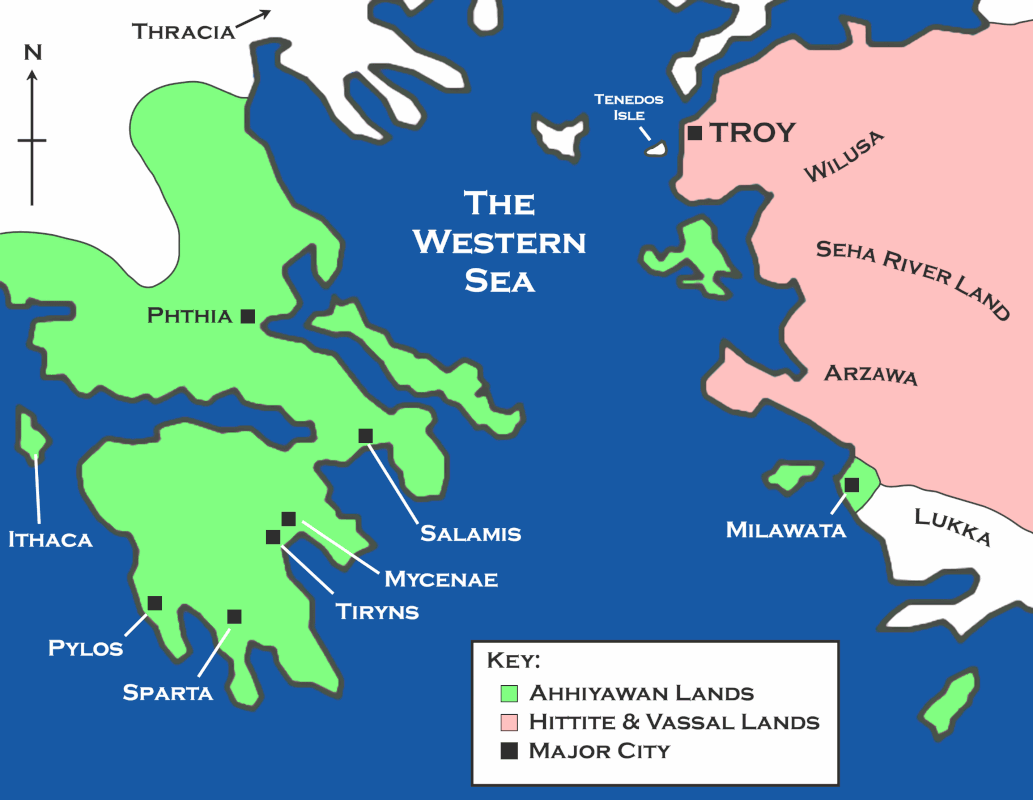
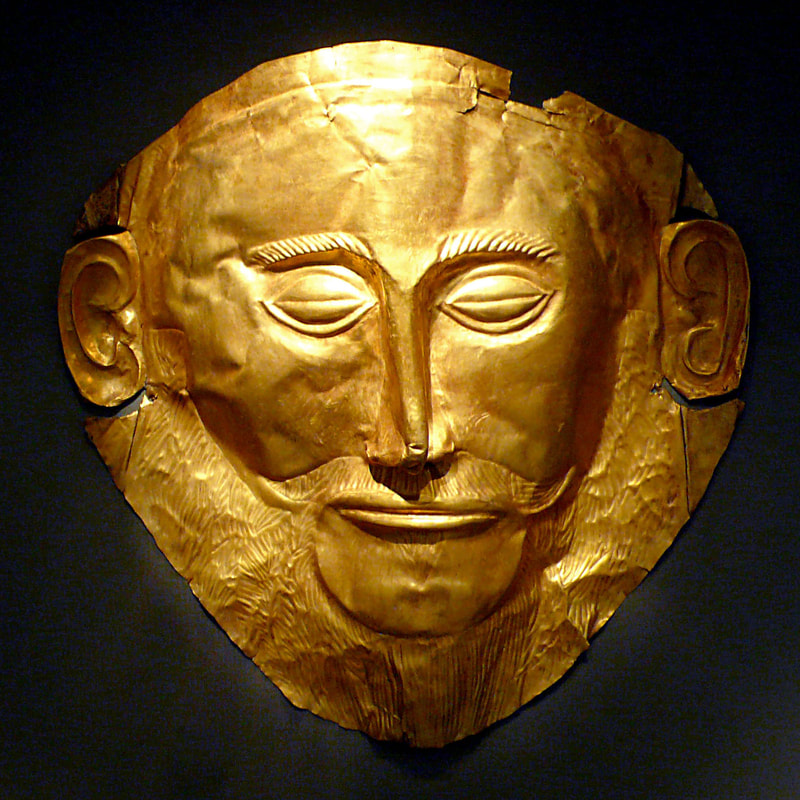
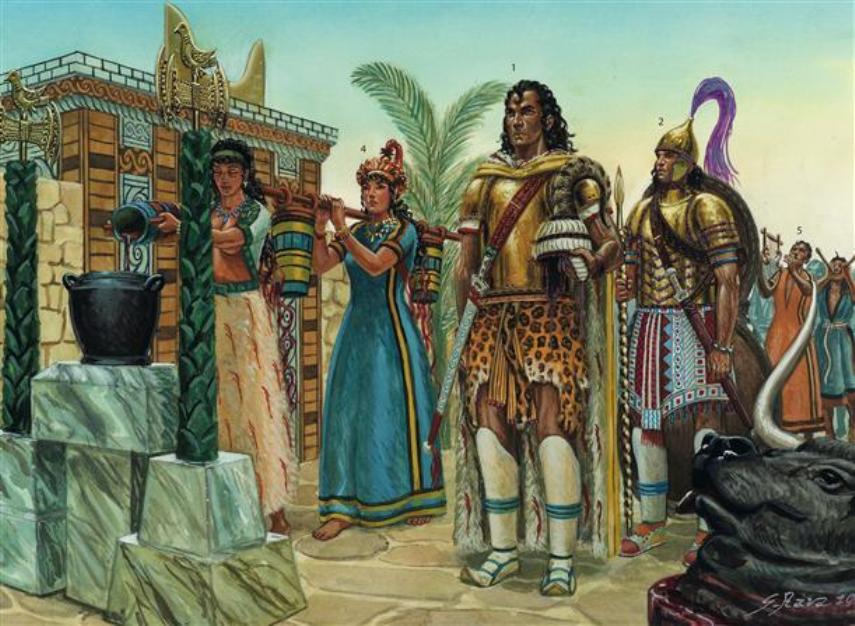
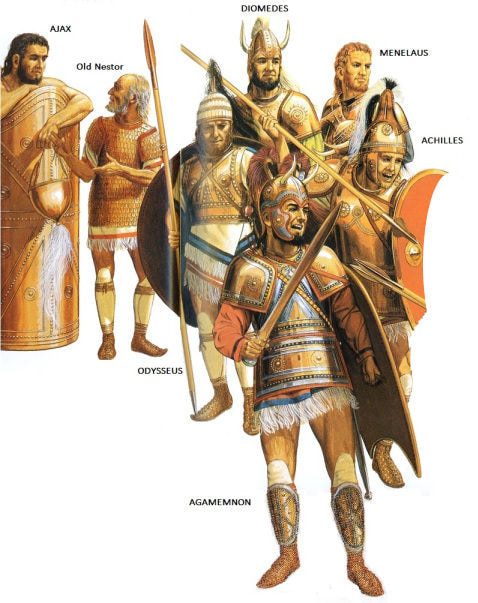
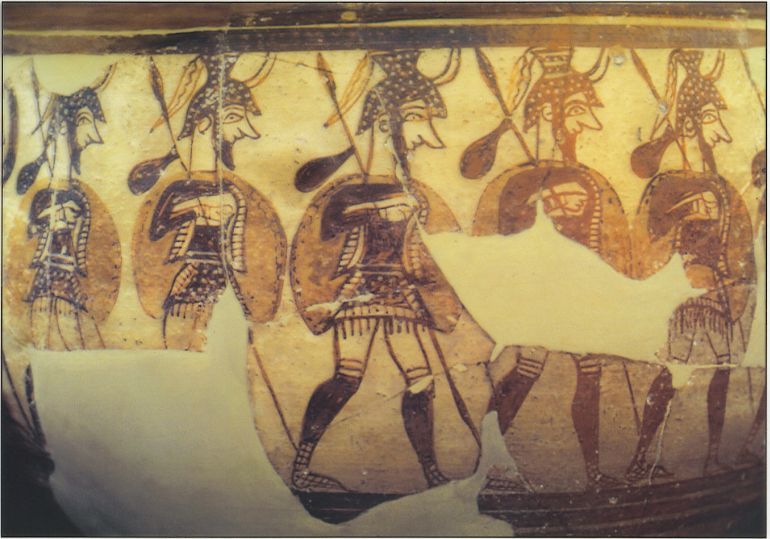
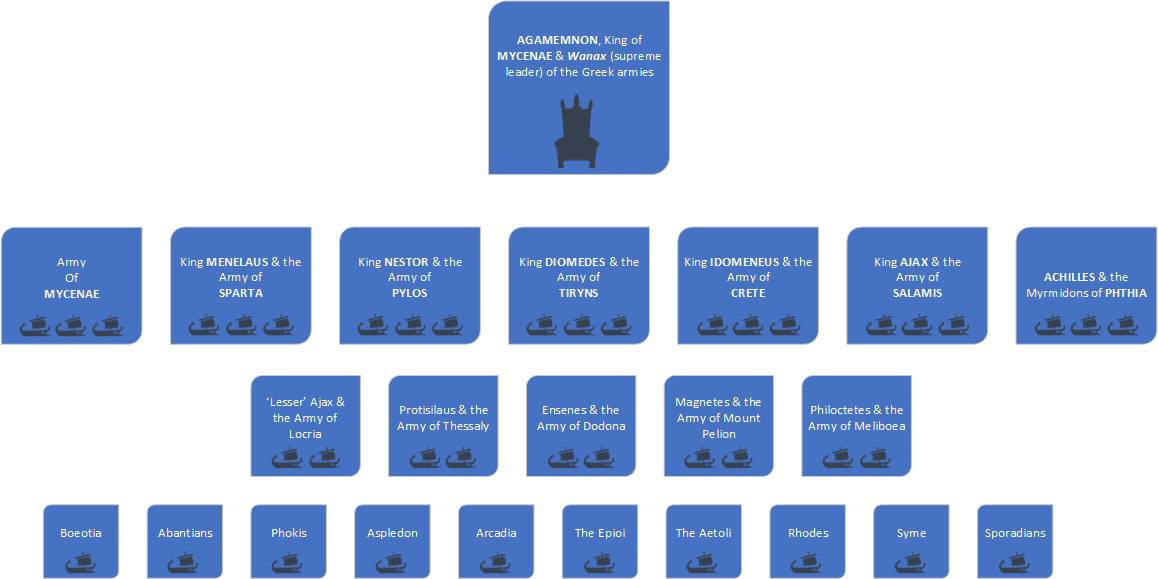
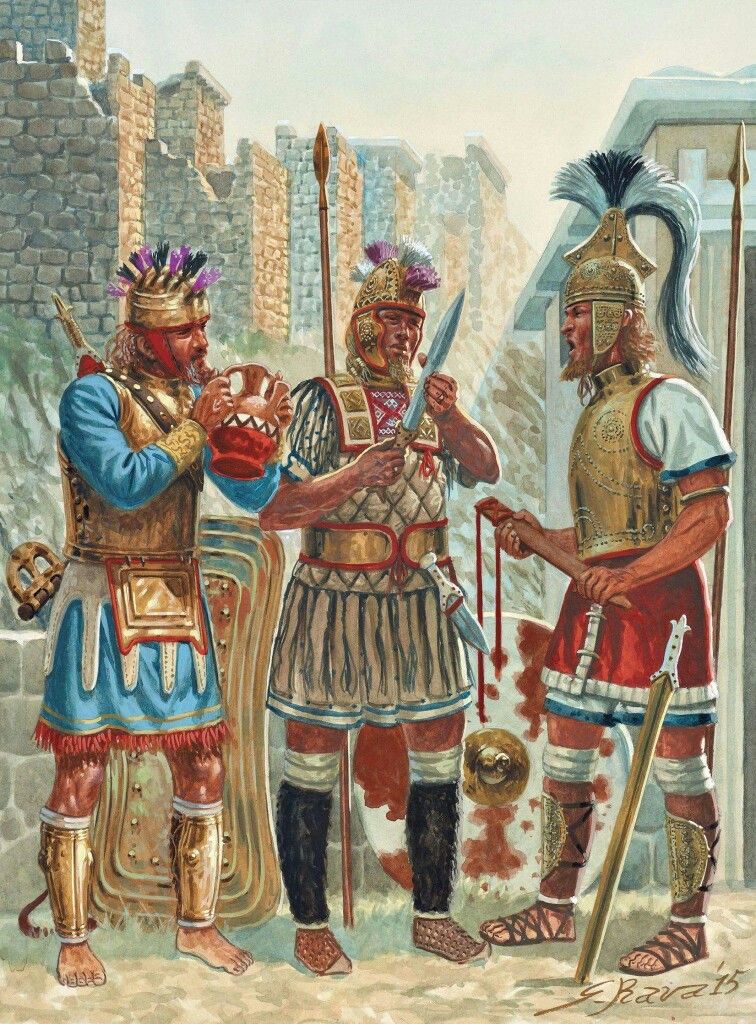
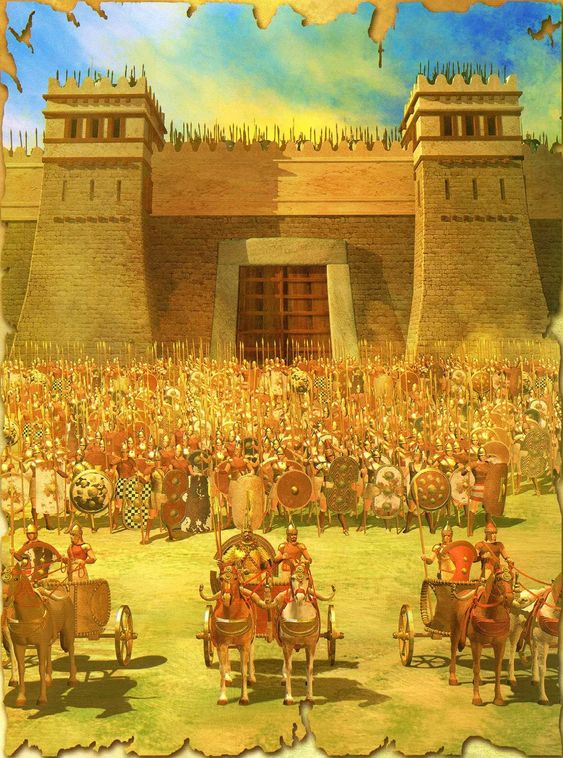
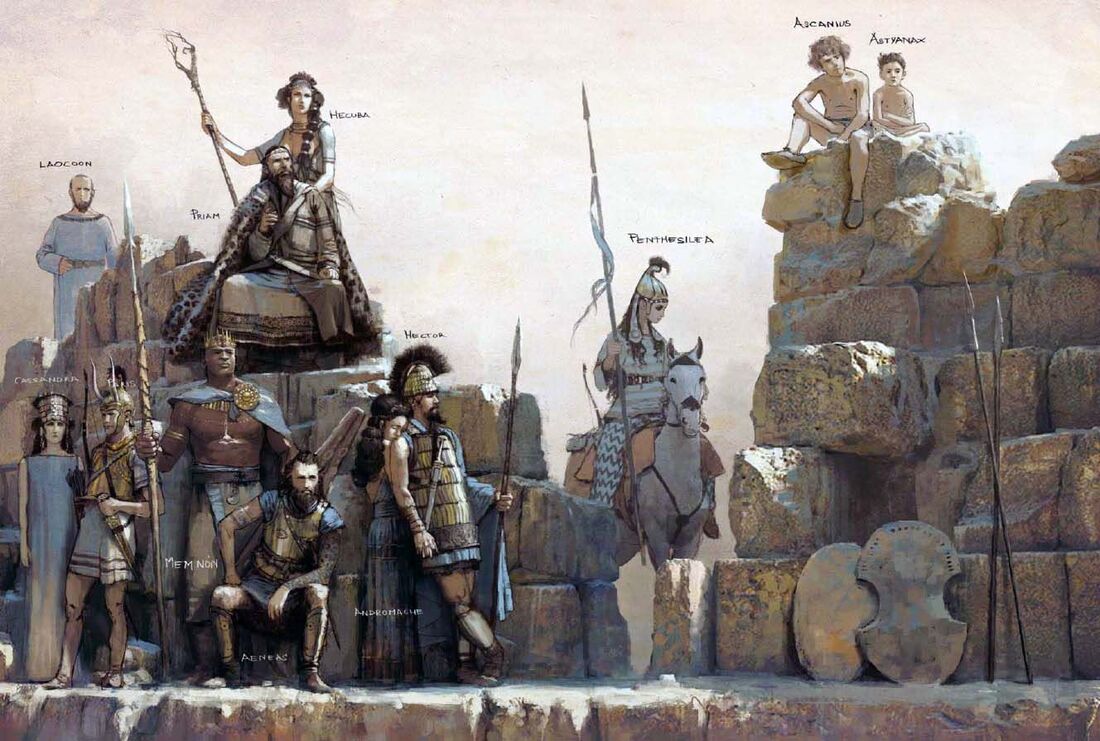
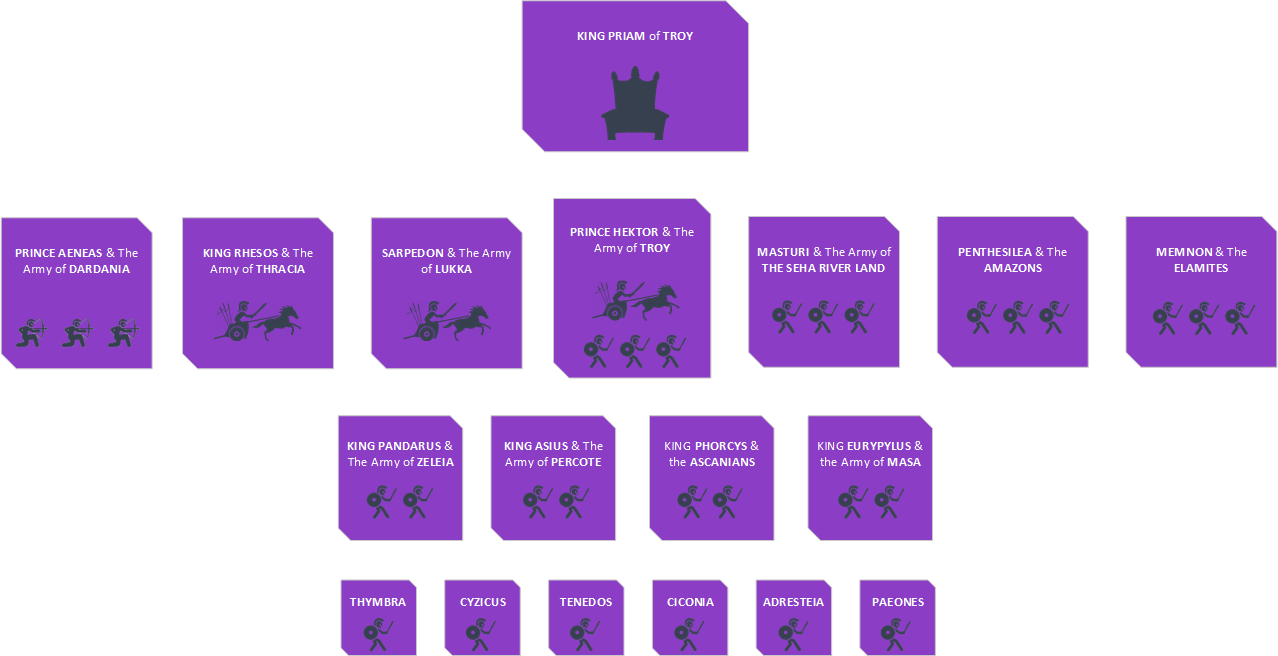
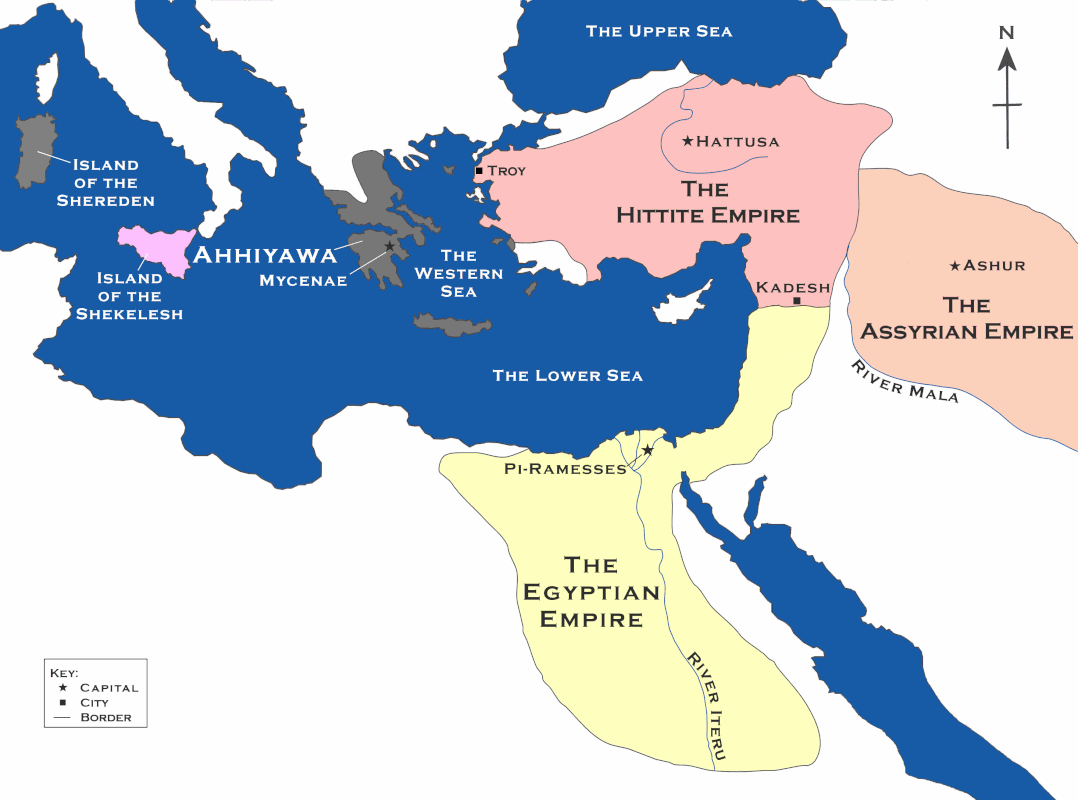
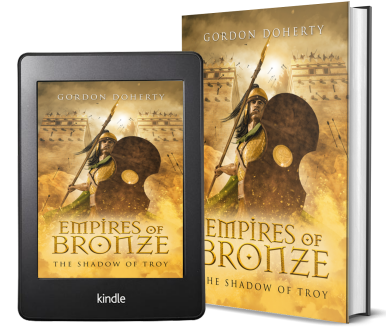

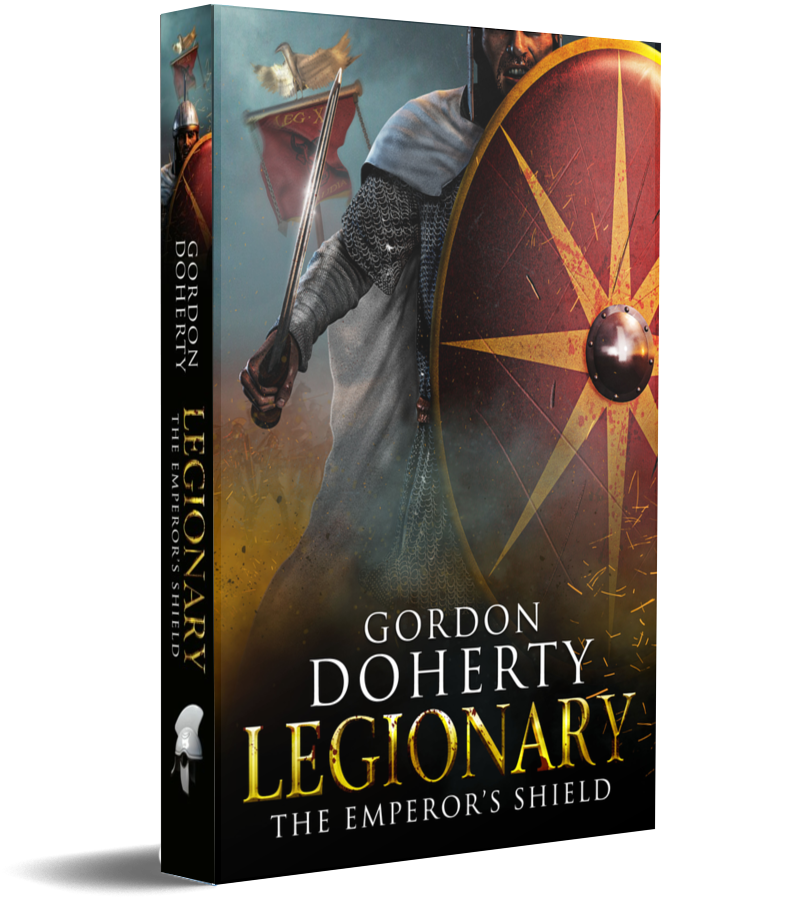
 RSS Feed
RSS Feed